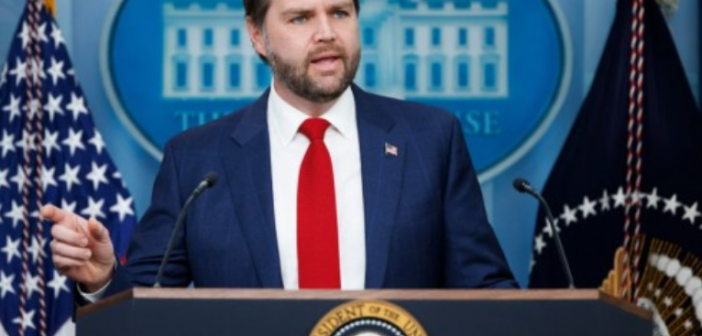US Vice President JD Vance made headlines at the Bitcoin 2025 conference in Las Vegas, declaring that the creation of a national Bitcoin reserve is a strategic priority for the United States. His statement marks a turning point in federal crypto discourse and reflects the pro-Bitcoin stance of the Trump administration.
“China is against Bitcoin. If our biggest geopolitical rival is turning away from BTC, maybe we should embrace it,” said Vance.
National Bitcoin Reserve Could Redefine US Strategy
Vance described Bitcoin as an energy-backed asset, vital for securing the country’s financial future. He proposed that the U.S. move fast to establish infrastructure for Bitcoin storage, regulation, and mining — and do so before global competitors.
The idea of a national Bitcoin reserve is now positioned as a core component of American economic policy.
“Crypto is not a trend. It’s a new chapter in the global economy,” Vance emphasized.
JD Vance: From Investor to Crypto Advocate
Vance isn’t speaking from the sidelines. He holds between $250,000 and $500,000 worth of BTC and has consistently defended Bitcoin’s role in safeguarding freedom and economic integrity.
According to Vance, Bitcoin is:
-
A hedge against inflation and bad monetary policy
-
A defense against corporate financial discrimination
-
A tool for protecting U.S. economic sovereignty
He urged the government to not just tolerate crypto, but to integrate it into national strategy — with Bitcoin playing a central role.
Trump Admin Aligns with Crypto
Vance isn’t alone. Senator Cynthia Lummis also took the stage, confirming that the Trump administration plans to support the BITCOIN Act — legislation that could enable the U.S. government to acquire up to 1 million BTC.
In addition, the GENIUS Act is under review. It aims to create a clear regulatory framework for stablecoins, with Vance arguing they could strengthen the U.S. dollar, not threaten it.
Why a National Bitcoin Reserve Matters
According to Vance, a national Bitcoin reserve would act as a long-term defense against monetary manipulation and enhance U.S. economic independence. As digital assets grow in global importance, the U.S. must lead — not follow.




